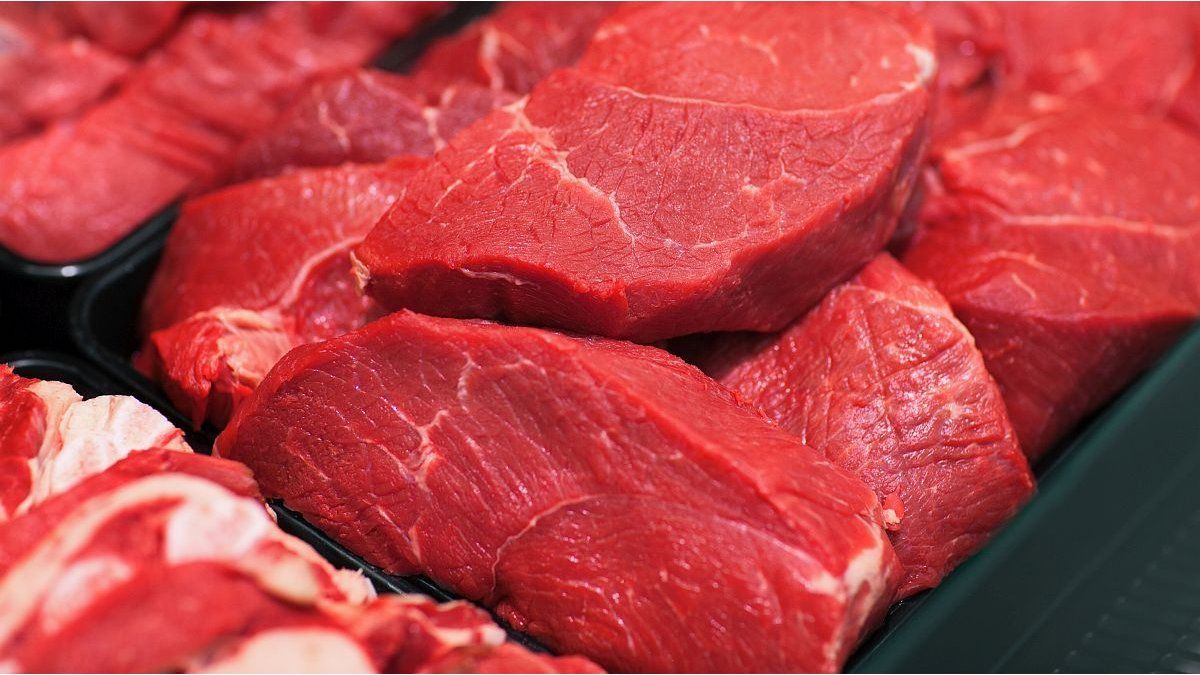He Domestic consumption of beef plummets in the face of rising prices at the farm and at the counterwhile exports grow favored by the lifting of restrictions and contribute to the increase in the price of values in the local market.
This was indicated by the private livestock and beef consultant, Víctor Tonelli, who also specified that so far this year the steer index, in the Cañuelas Agrogranadero Market (MAG), was adjusted around 18%, “but “If the November value is taken into account, when the settlement cycle was still running, the adjustment was almost 70%.”
According to him, the recovery in beef prices is due to the fact that “they were a little behind”, but also to “an increasingly important participation of exports within the total available supply.”
Exports represented a little more than 30% of the total in December and were close to 33% in January, which for Tonelli is a product of “the liberation of prohibitions and restrictions on exports.”
Along with the growth of exports, he assured that there is “a phenomenal drop in purchasing power and the volume of consumption that averaged around 40 to 42 kilos per inhabitant per year”, due to the effect of inflation.
The consultant estimated that the current prices of the ranch, which are around $1,700 to $1,800 per live kilo, for a good consumer steer, and $1,600 and a fraction of the Steer Index in Cañuelas, “will be maintained during February “, which “would imply that we would be talking about an average meat price of between $6,000 to 6,500,” which would be a 10% increase compared to January.
The president of the Argentine Chamber of Matarifes and Suppliers (CAMyA), Sergio Pedace, assured that “prices are going to firm up and little by little they will rise and accompany inflation” and explained that the increase “no longer depends on the domestic consumption, because people have turned more to pork, which is very cheap, and chicken, which has already reached its ceiling.
Likewise, he stressed that “the price of beef will depend on the value of the dollar and exports, and the number of steers that Argentina has to be able to export.”
Due to the drought, he added that “there are a million or so fewer calves, and fewer females as well” and estimated that “the herd will be recomposed if there is predictability, within a year and a half or two, not before.”
Source: Ambito




